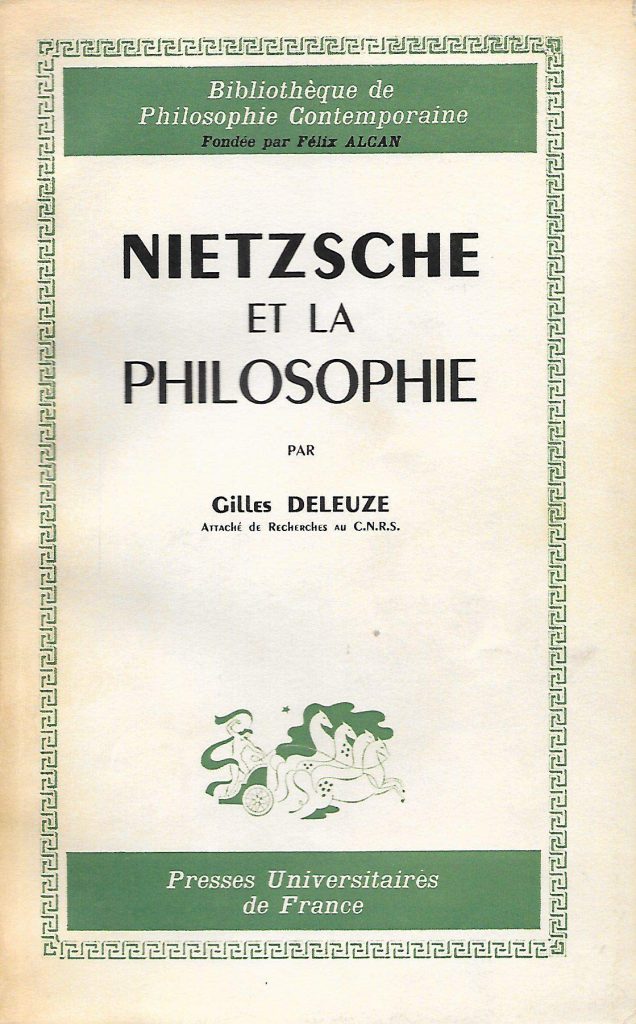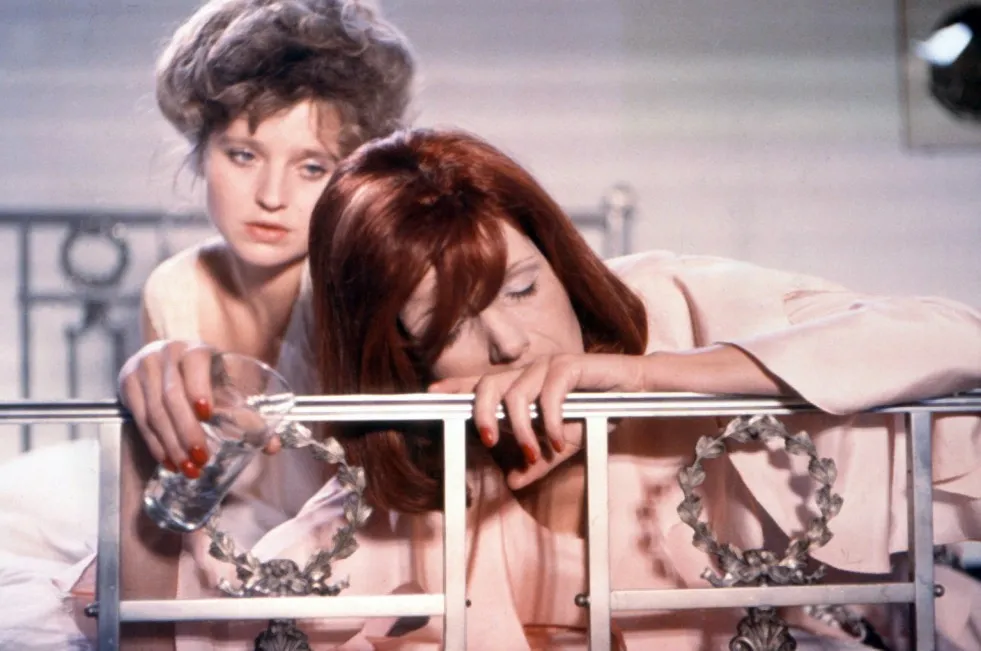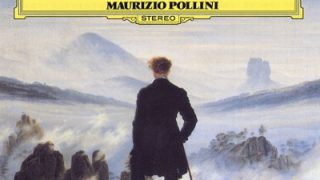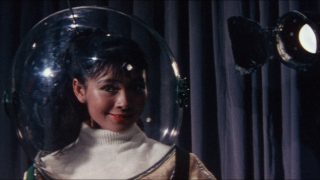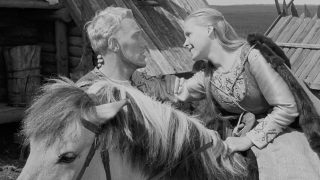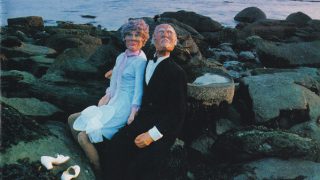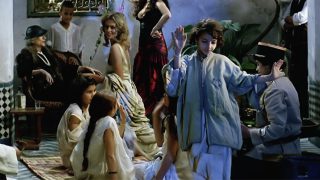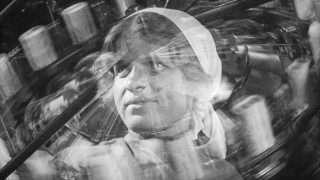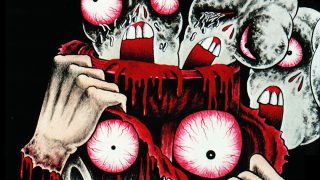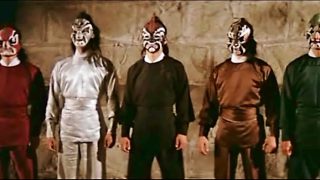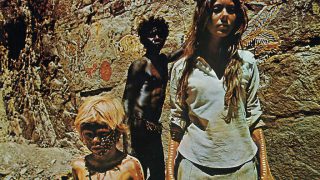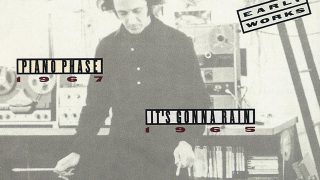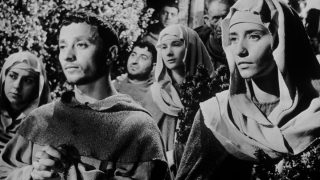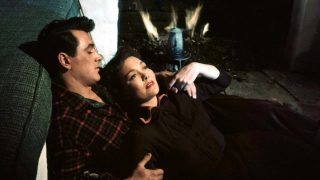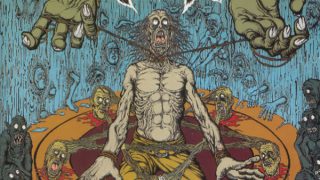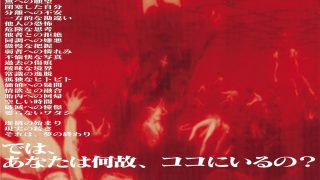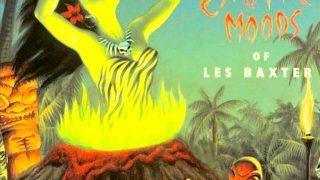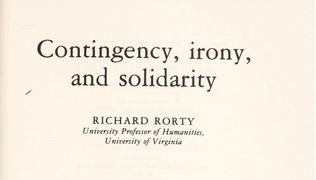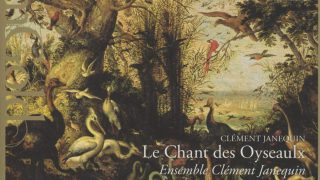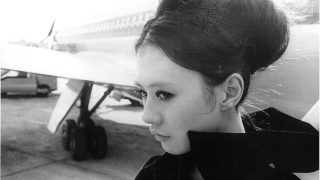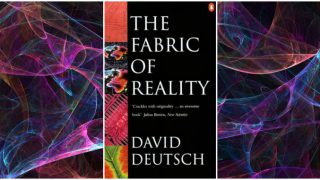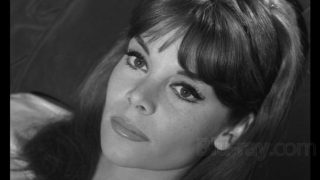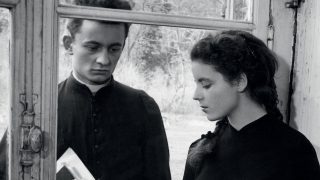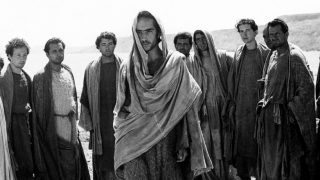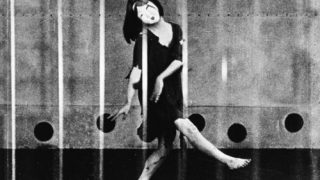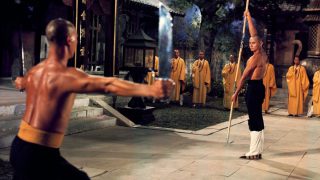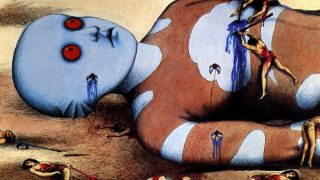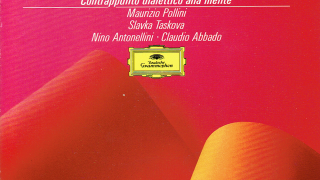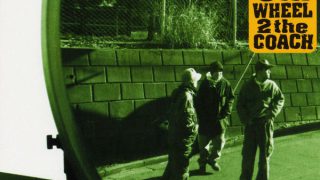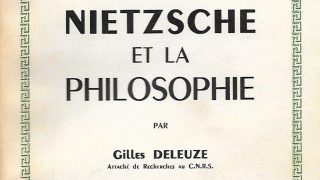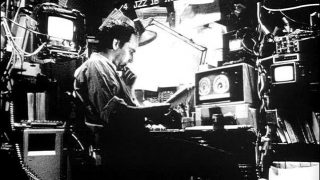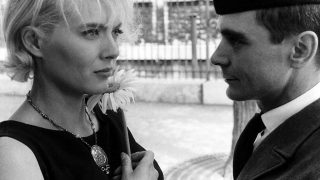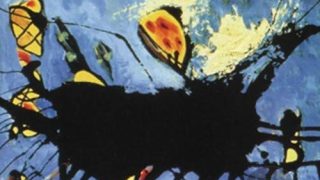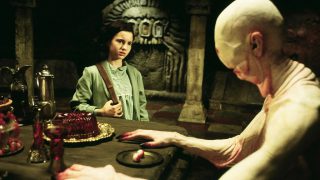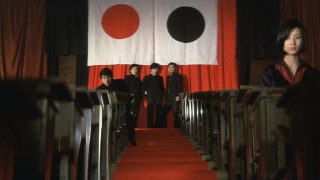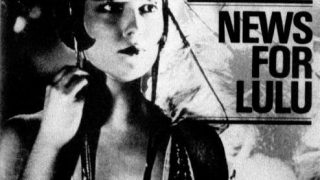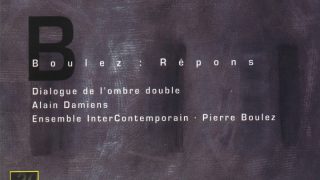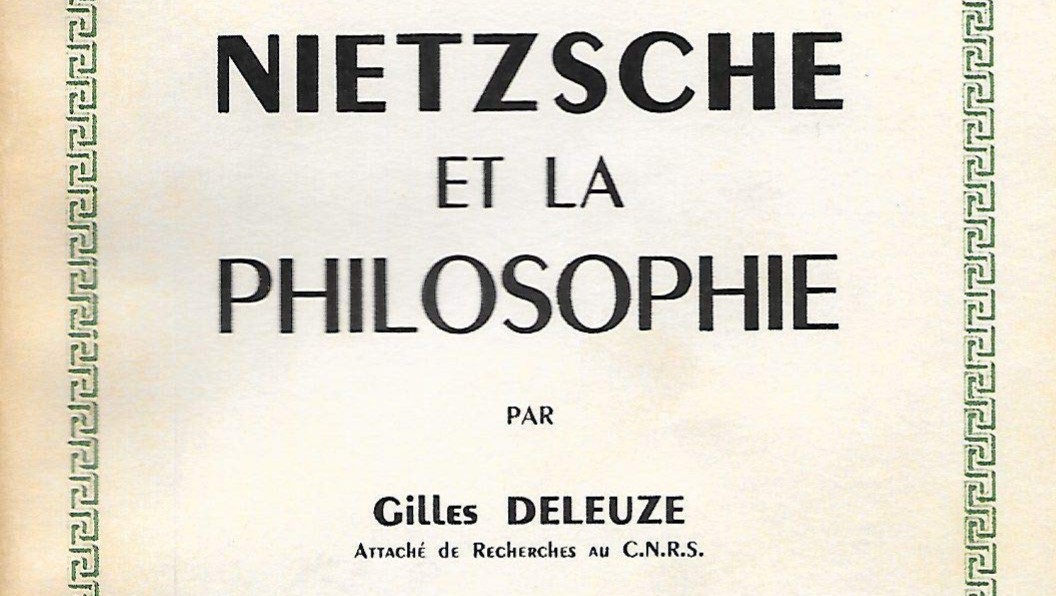“Nietzsche and Philosophy (Nietzsche et la philosophie)” is a book by French philosopher Gilles Deleuze. It was published by Presses Universitaires de France in 1962.
In this book, Deleuze interpreted Nietzsche’s texts from his own theoretical perspective, and systematized them. It has a lot of hints on how to decipher Nietzsche’s literary and cryptic texts that include strange concepts, such as “will to power (Wille zur Macht)”, “eternal return (Ewige Wiederkunft)”, and “Übermensch”. In this book, Deleuze incorporated Nietzsche into his theory and developed it, so it can be read not as just a commentary but an introduction to the philosophy of Deleuze himself, who had been greatly influenced by Nietzsche along with Spinoza and Bergson.
Deleuze reads Nietzsche focusing on Nietzsche’s key concepts, “active/reactive”. According to Nietzsche, organic body is composed of the relation between active forces and reactive ones. Body is active and superior, whereas consciousness is essentially reactive and inferior. Some kind of human nature, such as metaphysics relying on supersensible ideas (god, afterlife, and truth), thoughts driven by the negative (Hegel’s dialectic and the like), Christian negation of life on the earth (nihilism), domination by religion, morality and state of the weak (the herd) who shares ressentiment, result from the essential reactivity of consciousness. Nihilism as negation of life is something like the human condition, so the people, who affirm life against it, become “Übermensch”. In this way, Deleuze organizes Nietzsche’s terms with clarity.
However, this book also has a problem. For instance, though the concept of “eternal return”, in which everything is repeated indefinitely, is considered to mean absolute affirmation of life as a continuous cycle of one-time-only things, — criticism of Christian eschatology and Hegelian teleology — Deleuze interprets it as “being” of becoming of different forces, i.e., event-generating principle.
“We can intend the eternal return itself, if not as an expression of a principle that is the reason of difference and its reproduction, of difference and its repeating.” (Chapter II)
Though Deleuze criticizes Heidegger’s interpretation of Nietzsche for Heidegger enclosed Nietzsche in ontology (Chapter V, original note No. 521), I suppose Deleuze himself also ontologizes Nietzsche. Alain Badiou also problematizes this point in his criticism against Deleuze.
In Deleuze’s “Difference and Repetition” (1968), Nietzsche is regarded as one of the three moments of “univocity of being” in the history of philosophy, — Duns Scotus (univocal being), Spinoza (Deus sive Natura), and Nietzsche (eternal return as being of becoming) — and it seems to me that Nietzsche is internalized in Deleuze’s unified theory, in which virtuality is actualized, like Bergson’s “philosophy of life”.
I think we should read Nietzsche’s texts getting them closer to Spinoza-Marxian materialism instead of Heidegger’s ontology and Bergson’s “philosophy of life”. In that sense, his books coauthored with Félix Guattari — “Anti-Oedipus” (1972) and “A Thousand Plateaus” (1980) — might have been closer to Nietzsche than this book and “Difference and Repetition” in that they were humorous and critical of actuality.
